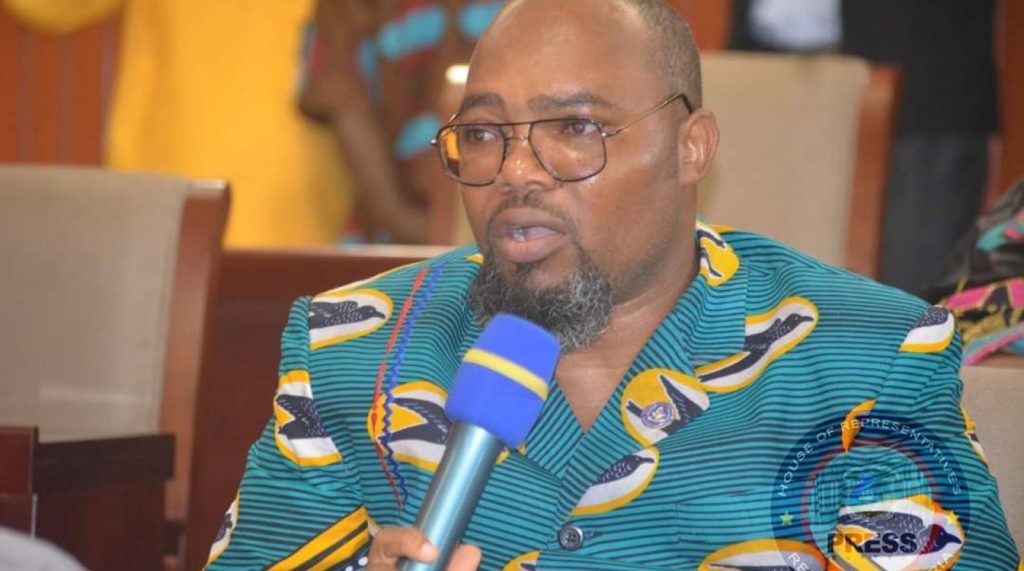In a politically charged atmosphere, Grand Bassa Representative Thomas Goshua has sparked significant discussion regarding House Speaker J. Fonati Koffa’s recent attempts to audit the House of Representatives. Goshua’s allegations suggest that the proposal for an audit has triggered a faction of lawmakers to conspire against Koffa, culminating in an ill-fated campaign to remove him from his position. In the wake of this turmoil, some lawmakers who initially signed a resolution to remove Koffa have begun retracting their names, citing integrity concerns and recognizing the importance of governance reforms championed by the Speaker.
The unfolding political drama has seen the number of lawmakers in support of Koffa’s removal plummet from 47 to 40, as several individuals opted to rescind their signatures over issues of integrity. Notably, those withdrawing include prominent representatives from various counties who cited internal conflicts that required resolution rather than embarking on a removal campaign. While Koffa was out of the country, the political maneuvering escalated, leading to further tensions within the legislative body. This growing dissent has underscored a notable divide among lawmakers regarding the Speaker’s leadership and his proposal for an unprecedented audit.
Goshua himself has been a significant figure in these developments, initially positioning himself as a secret observer among those advocating for Koffa’s removal. He claims that his intent was to gather intelligence on the plot and ascertain the number of signatures being collected. This claim of espionage reflects the lengths to which some representatives have gone to either support or undermine Koffa’s leadership. After conducting his inquiry, Goshua’s perspective shifted; he recognized that the motivations behind the removal effort directly correlated with the push for increased transparency and accountability within the House, further compelling him to withdraw his support for the movement.
Central to Goshua’s argument is the assertion that the proposed audit of the House is not merely a financial exercise but a crucial initiative for fostering transparency within the institution. He notes that such an audit has not been conducted in his memory, emphasizing that its implementation is essential to ensuring lawmakers are accountable to the public. Goshua argues that the resistance to this audit is symptomatic of deeper issues within the House, problems that the proposed changes seek to address, rather than symptomatic of Koffa’s shortcomings as a leader.
Goshua’s staunch defense of Koffa extends beyond mere support for the audit; he asserts that Koffa embodies exemplary leadership in his commitment to institutional reform. He argues that the efforts to unseat Koffa are detrimental to the progress that is necessary for effective governance in Liberia. According to Goshua, addressing grievances must be constructive and ascend over petty political maneuvering, which risks undermining the legislative body’s integrity. He calls for lawmakers to prioritize the collective interests over individual disputes and recognizes Koffa’s leadership as pivotal in moving towards a more accountable and effective government.
In conclusion, the ongoing controversy surrounding Speaker Koffa highlights the complexities of political dynamics within Liberia’s legislative framework. Goshua’s shift from conspiracy participant to defender of Koffa underscores a critical point: that the proposals aimed at reforming the House of Representatives should foster collaborative efforts among lawmakers rather than divisive conflict. As the situation continues to evolve, the outcomes of these deliberations will have a lasting impact on governance in Liberia, emphasizing the need for transparency and accountability in public service. This moment represents a crucial juncture for the House, and the actions of its members will reverberate beyond Capitol Hill, reflecting their commitment to the constituents they serve.














